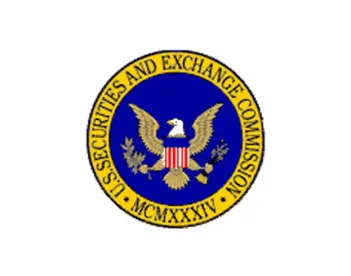In June, the Securities and Exchange Commission’s Division of Investment Management issued a Guidance Update relating to Rule 204A-1 under the Investment Advisers Act of 1940. Rule 204A-1 provides that a registered investment adviser must establish, maintain and enforce a written code of ethics that requires, among other things, its directors, officers and supervised persons who have access to nonpublic information regarding securities transactions of clients or who are involved in making securities recommendations to clients or who have access to such recommendations that are nonpublic (access persons) to report their personal securities holdings and transactions. Subsection (b)(3)(i) of the rule (reporting exception) provides an exception to the reporting requirements when an access person’s securities are held in accounts over which he or she had “no direct or indirect influence or control.”
The Guidance Update clarified that an adviser may not rely on the reporting exception solely based on the access person providing a trustee with management authority over a trust for which he or she is grantor or beneficiary, or providing a third-party manager discretionary investment authority over his or her personal account. The access person might have “direct or indirect influence or control” through suggestions or directions to the trustee or third-party discretionary manager concerning account holdings, purchases or sales of investments, or particular allocation of investments to be made in the account.
In order to rely on the reporting exception, an adviser may implement additional controls to establish a reasonable belief that the access person had no direct or indirect influence or control. For example, the Guidance Update states that an investment adviser may obtain information about a trustee or third-party manager’s relationship to the access person, obtain specific certifications regarding the access persons’ influence or control, provide access persons with a clear definition of “no direct or indirect influence or control,” or request reports to identify transactions that would have been prohibited pursuant to the adviser’s code of ethics, absent reliance on the reporting exception. These policies and procedures should focus on the access person’s actual influence or control, rather than the third-party manager’s discretionary authority.




 />i
/>i

